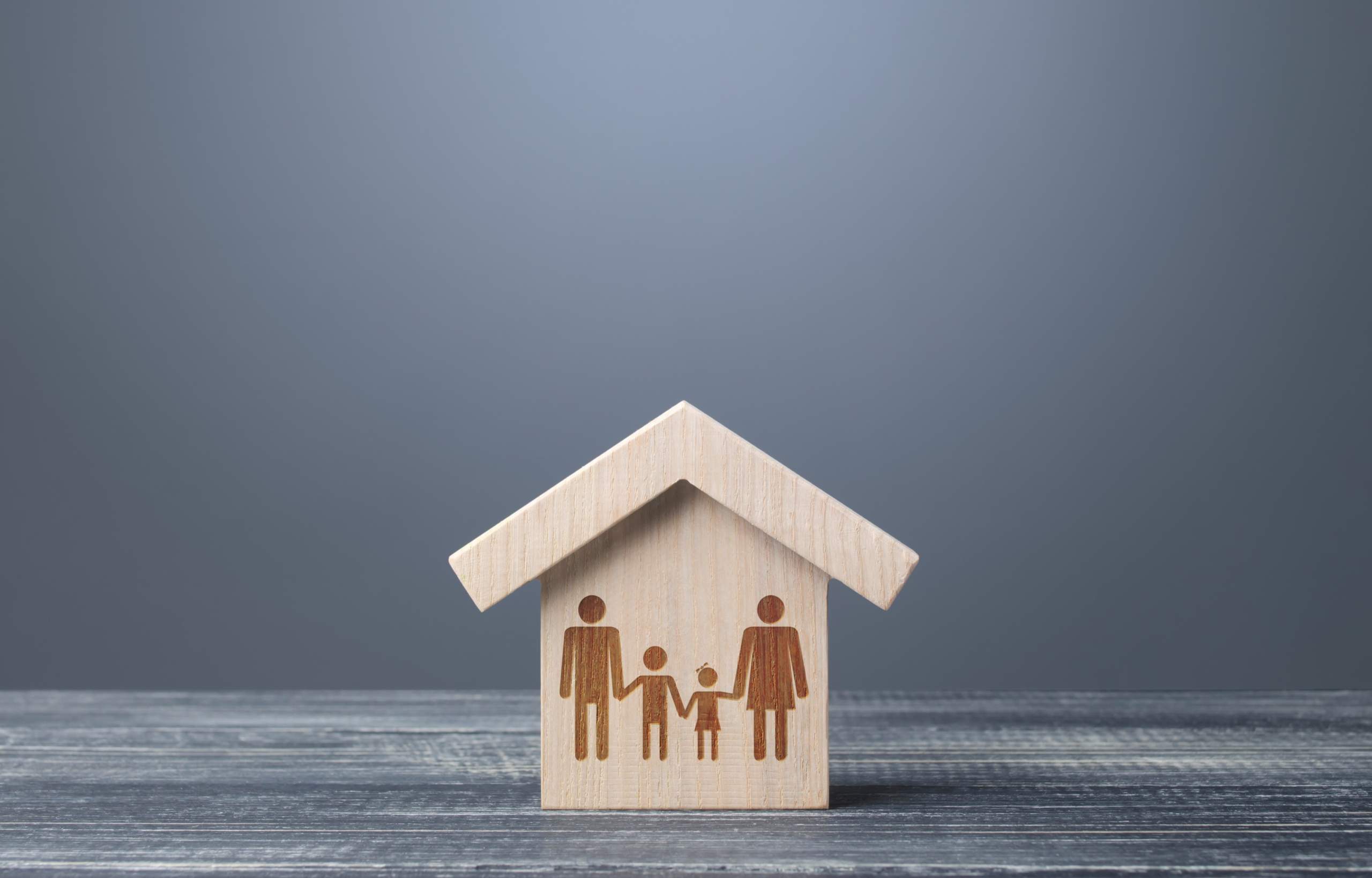Buying a home is one of the most expensive purchases that you’ll make in your lifetime. If you’re smart, you will have already saved up and set aside some funds to put towards your purchase.
Nevertheless, if you’re buying your first home, you may be unsure about what costs and fees you’ll be responsible for. During a real estate transaction, some of the fees are paid by the seller and some by the home buyer.
Below, we’ve provided a detailed explanation of who pays for what.
Home Buyer Expenses
Buying a home involves costs beyond paying for the house itself. Fees must be paid to cover the real estate transaction and procedures required by your lender. When you’re saving up money for buying your first home, it’s important to save for these costs in addition to your down-payment.
Here’s what you’ll be expected to pay for:
- Around 50% of the escrow fees
- Home inspection costs
- Appraisal costs
- Lender’s title insurance
- Home warranty, if not offered by the seller (optional)
- Lender fees
- Cost of a pest inspection
- Pre-paid property taxes
- Home insurance costs
Seller Expenses
During a real estate transaction, the buyer is not the only one responsible for paying fees. The seller also has to pay for certain expenses. These can include:
- Real estate commissions
- Around 50% of the escrow fees
- Owner’s title insurance
- Real estate transfer taxes (if applicable)
- Credits towards closing costs (if applicable)
- Prorated property taxes
How Much Do I Need to Save for Closing Costs?
One of the biggest mistakes that people make when buying their first home is not budgeting in closing costs. They save money for a down-payment without realizing that there will be many other expenses they’ll have to pay for. That’s why when you’re shopping around for a home loan, it’s important to ask your lender upfront what fees they charge. That way, you’re not hit by surprise by a bunch of additional charges that you didn’t plan for.
Typically, closing costs usually run about 2-5% of the loan amount. That means if you’re taking out a loan for $300,000, you can expect to pay about $6,000 to $15,000 in closing costs.
Seller Concessions for Closing Costs
If you’re having trouble coming up with the funds for closing costs, you can always ask for a seller concession. A seller concession is when the seller contributes funds towards the buyer’s closing expenses. If you decide to go this route, you’ll want to include this request in your offer.
Get Started Today
Take the first step towards buying your first home today. Call Mortgage Solutions Financial to speak to an expert and get more information on how to apply for a home loan.





